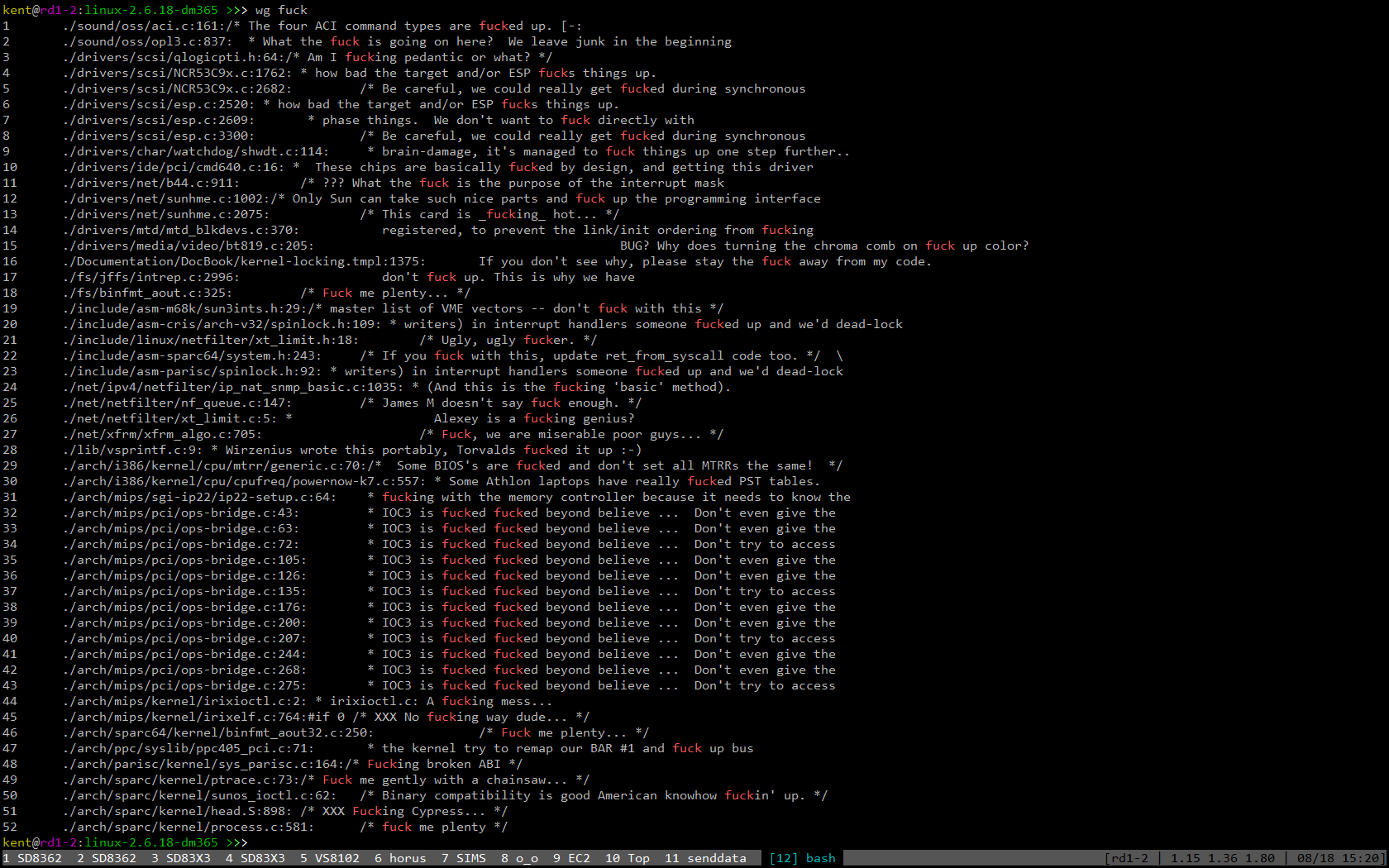各位觀眾,這一天終於到了,也有了個Happy Ending,感謝各位好友的見證。地點在好友楊董的店"巴魯斯桌上遊戲",歡迎大家多多捧場,是個好朋友聚會同樂的好所在。由於第一次用iMovie,花了許久時間摸熟,底下的MV是透過 Apple iMovie'11 製作,請自行配帶墨鏡,或攜帶可魯,後果一概不負責!
.My Marriage Proposal MV / 我的求婚影片 - 那些年我所追的女孩
.好麻吉帥強透過Panasonic GF1所側拍的片段
.My Marriage Proposal MV / 我的求婚影片 - 那些年我所追的女孩
.好麻吉帥強透過Panasonic GF1所側拍的片段
.巴魯斯桌上遊戲 :
Location: 106 Taipei, Taiwan台北市大安區羅斯福路2段79號8樓之2
About : 巴魯斯桌上遊戲專賣店, 提供舒適的遊戲空間, 還有免費的無線上網喔
Email : barruse.games@gmail.com
Phone : (02) 2362-6362
Website : http://www.facebook.com/BARRUSE














